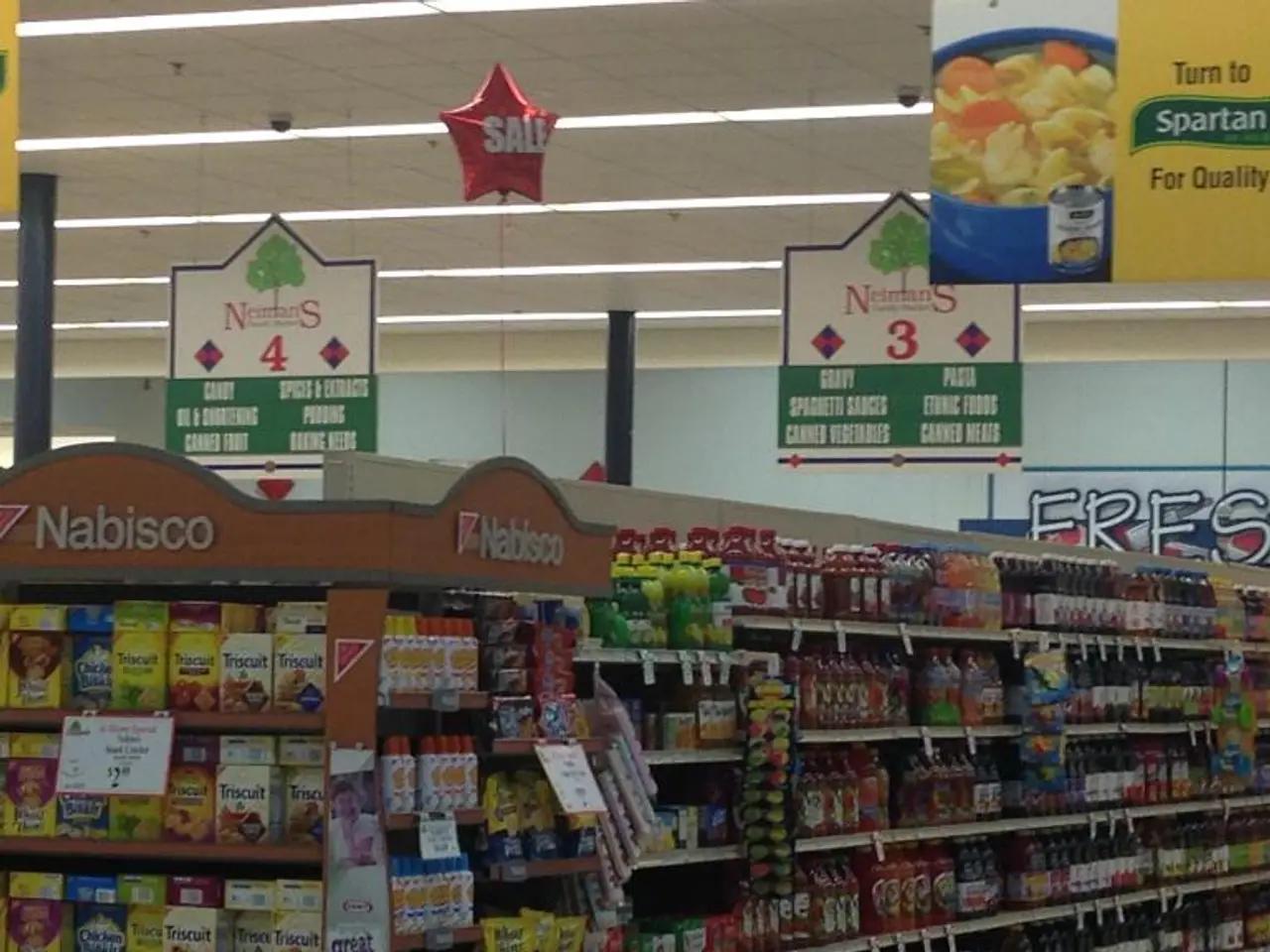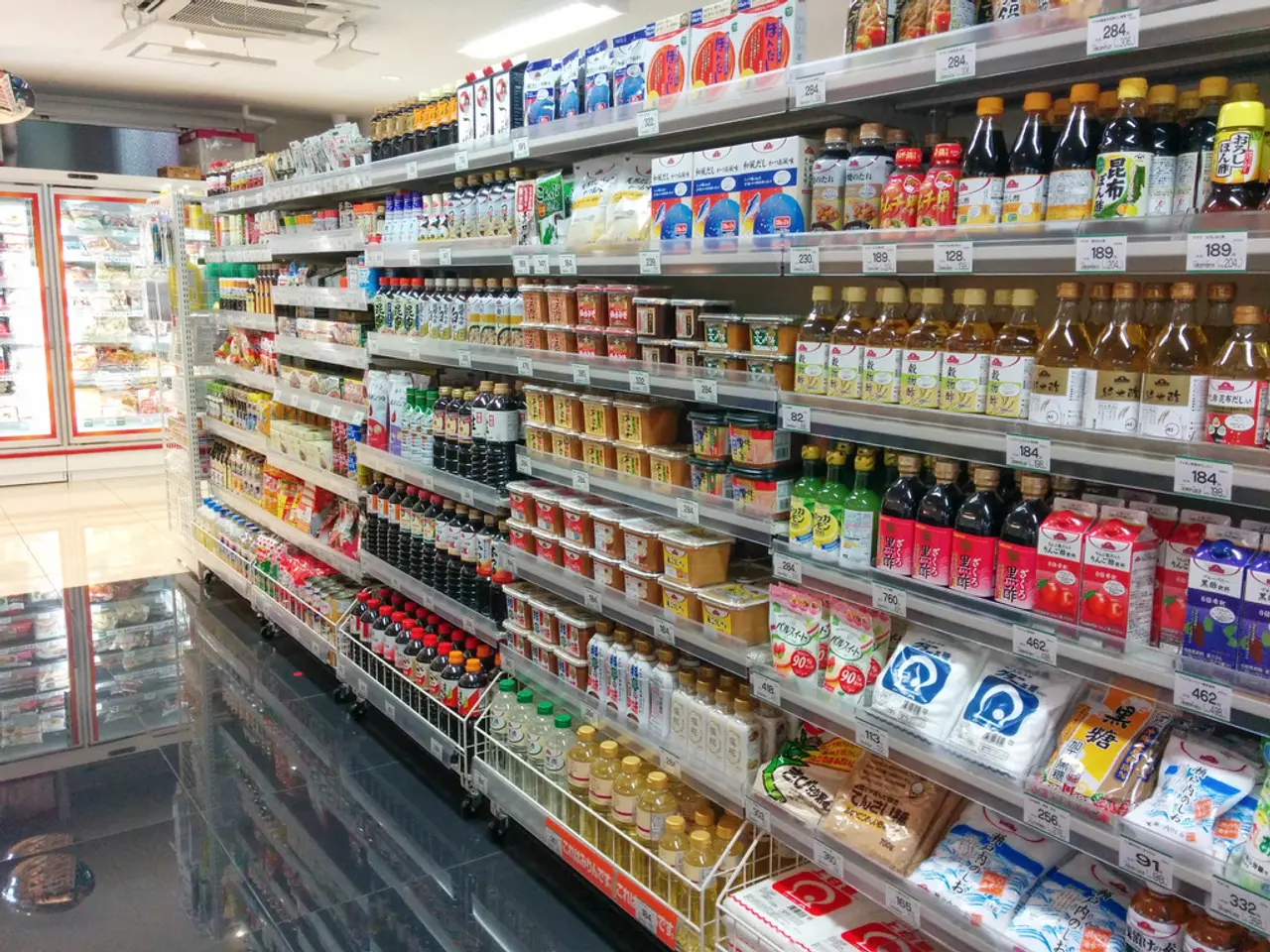UK-EU trade agreement implementation may require an additional year
There is no specific implementation date set for the UK’s Sanitary and Phytosanitary (SPS) agreement with the European Union as of July 2025. The European Commission has only just recommended that the Council of the European Union authorize the opening of negotiations on a common SPS area, signalling the beginning of the process.
The UK and EU held a summit on 19 May 2025, where both sides agreed to work towards an SPS agreement to reduce trade barriers in food and agricultural products. This commitment was reaffirmed in the European Commission’s recommendation to the Council of the EU, but the recommendation itself is only a procedural step to initiate talks.
Current border control measures reflect the uncertainty. The UK has extended the suspension of checks on EU fruit and vegetables ahead of a potential SPS deal, while the Welsh government has postponed commissioning border control posts for Irish imports, pending clarity on the final agreement. This indicates that no binding decision or timeline has been announced, and full implementation remains contingent on the outcome of forthcoming negotiations.
If negotiations proceed without significant delays, food and vegetable traders could begin to see tangible benefits 2–3 years from now. However, this is highly dependent on the pace and outcome of the talks, as well as the practicalities of implementation. The process of negotiating, agreeing, and ratifying an international agreement of this nature typically takes 12–24 months from the start of formal talks, but this can vary considerably depending on the complexity and political will.
Once agreed, there may be a transitional period for implementing new rules, training customs officials, and adapting business practices. The full benefits—such as reduced paperwork, fewer physical checks, and lower costs—would typically materialize after implementation. However, some improvements (e.g., reduced administrative burden) might be felt sooner if new rules are phased in gradually.
The UK minister for EU relations, Nick Thomas-Symonds, has expressed determination to ensure people feel the benefits of the deal as soon as possible. Negotiations on removing red tape for cross-border trade in food and plant products, and on carbon charges are two key areas that can reduce business costs. The Labour government has "delivered at speed" to secure a "comprehensive package" that features agreements on defense and law enforcement within 10 months of getting into Downing Street.
Industry leaders expect the SPS agreement to not come into effect until 2027. Exporters are facing challenges due to friction in trade and labels on products, which are allegedly putting off consumers and making it harder for manufacturers to drive growth. M&S boss Stuart Machin has stated that the deal "cannot come soon enough."
The Labour minister, Thomas-Symonds, views annual summits with the EU as "milestones" for authorities to agree on new measures. The deal aims to slash red tape for British exporters while giving European authorities power over regulations. SPS requirements at UK borders have not been consistent with the strict rules exporters have faced when sending products into Europe.
The UK and EU have agreed on a post-Brexit deal regarding food standards and energy markets. The Conservative Party has been criticized for potentially undoing this agreement, which could increase red tape for traders. The Windsor Framework, previously proposed by former Prime Minister Rishi Sunak, states that goods should not be moved over the Irish border from Northern Ireland.
In conclusion, while the UK-EU SPS agreement is a significant step towards reducing trade barriers and improving relations, it is still in the early stages of negotiations. Traders may have to wait 2–3 years to reap the benefits, assuming the process proceeds smoothly. In the meantime, businesses and governments are maintaining flexibility, with some border checks deferred until the details of a new agreement are clear.
- Despite the UK's and EU's commitment to work towards an SPS agreement, no binding decision or specific implementation date has been announced, indicating that full implementation remains contingent on the outcome of forthcoming negotiations.
- The prospects for food and vegetable traders could improve 2–3 years from now if negotiations proceed without significant delays, but this is highly dependent on the pace and outcome of the talks, as well as the practicalities of implementation.
- The Labour government aims to slash red tape for British exporters while giving European authorities power over regulations within an SPS agreement, one of the key areas they are focusing on.
- The UK-EU SPS agreement aims to address trade barriers in food and agricultural products, but the Conservative Party has been criticized for potentially undoing parts of the agreement, which could increase red tape for traders.




